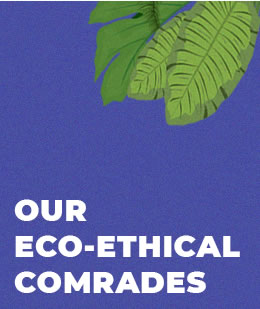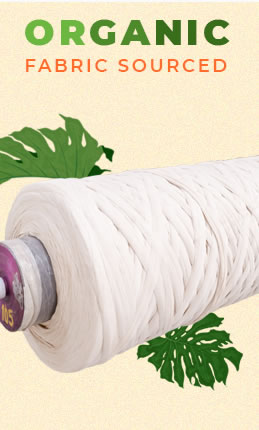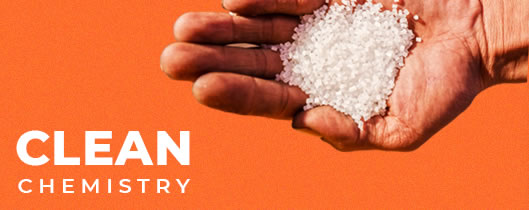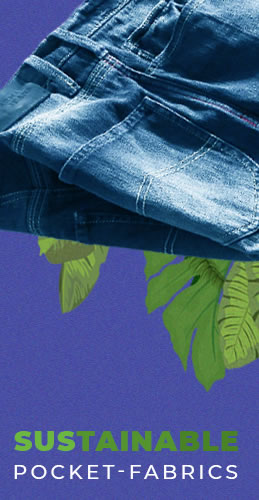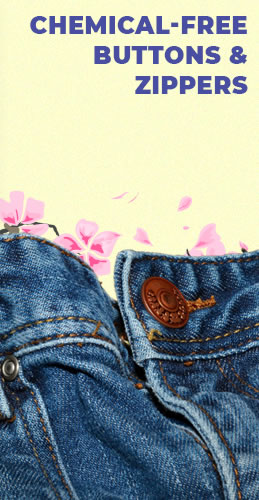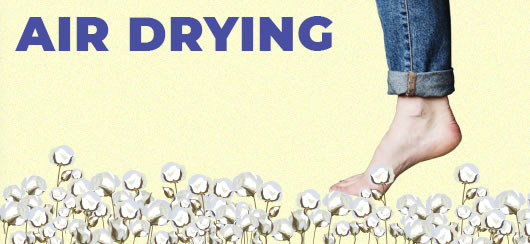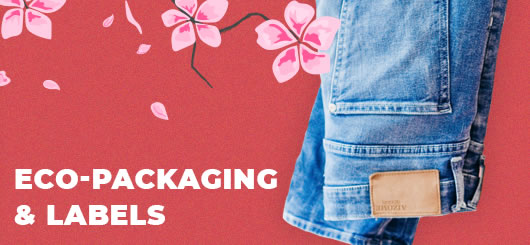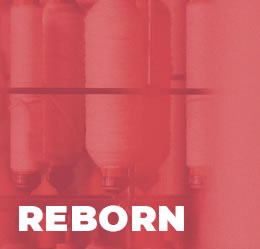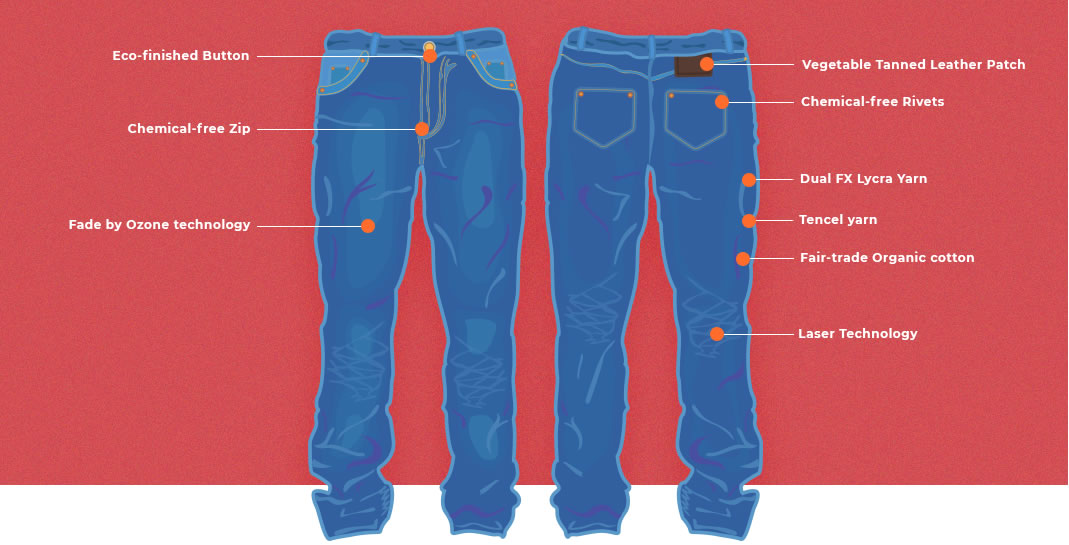-
- USD
Our Sustainability Story
THE ANATOMY OF SUSTAINABLE JEANS
The right choice is as easy as putting on a great pair of jeans. Our products are truly about the person who wears it and his or her individual expression of our creation. Look good on the outside, feel better on the inside.
All our garments speak the same language - Fashion, Fit, Comfort and Sustainability. Our collections are defined by our signature - juxtaposing design and attention to detail, with an emphasis on custom-developed washes and cuts and an eclectic use of materials. Do your part for the environment and own a rad pair of jeans!
We partner with the best, fair-minded factories around the world that source only the finest, most sustainable materials. Our fabric is sourced from the most sustainable denim mill in India, Anubha Industries. We are proactive in our eforts to reduce resource use and conservation eforts and our partners support our eforts, and go above and beyond when it comes to cotton, denim and the environment.
Aizome also uses organically grown and harvested cotton. Organic cotton is grown without any artificial fertilizers, pesticides or genetically modified cotton. We aim to create an entire collection made from organic yarn.
A life cycle analysis comparing organic cotton with conventionally grown cotton shows that organic cotton has a 46% reduced global warming potential, 70% less acidification potential, 26% reduced eutrophication potential (soil erosion), 91% reduced blue water consumption and 62% reduced primary energy demand. (Stats in infographic)
Our organic yarn is sourced from farmers in India that grow Fairtrade certified cotton. These farmers receive a Fairtrade Premium when they sell the cotton to Fairtrade, which covers the costs of sustainable production and is an incentive to invest in their communities, build schools, roads and health care facilities
Aizome partners with Anubha Industries to bring you the most eco-responsive fabric in the market. Their responsible sourcing standards for environmental and safe denim production restricts the entry of harmful substances right at the source. They uphold all their products to very stringent worldwide consumer safety requirements. As a Bluesign® system partner, they ensure that the Input Stream Management provides an efcient solution for fashion brands, chemical suppliers and textile manufacturers. The water from the dyeing process is reusable, less salts are used and the by-products are free of toxic chemicals. The quality dyes used color the fabric with rich hues and ensure the product's everlasting life.
Aizome invests great care to control wastage by ensuring its cutting patterns maximize fabric yardage and minimize leftover materials. All excess scraps are collected weekly for recycling and reused and repurposed in the process that is entirely natural and biodegradable.
We use sustainable technologies to wash Aizome's jeans that use only 10 Litres of water compared to the 50-60 Litres used by traditional washing. Our sustainable washing results in 83% less water per garment and we make sure that all the water used is filtered back.
Each beloved pair of jeans is enfolded by packaging made from eco-materials. Our packaging and hang tags are made from recycled paper, jute threads to tie the tags and we use vegetable tanned leather to make our backpatch labels. We make sure that all this denim goodness comes in one beautifully wrapped package!
Our creations enclose eco-finished metal buttons, zippers and rivets using chrome-free, nickelfree and lead-free materials. This results in less water consumption and less sludge in waste water in comparison. It's not just the fabric that gets this special treatment, Aizome ensures that every pair of jeans is inspected meticulously from waist to toe.
We use 100% fair-trade cotton fabric or recycled polyester fabric to create our pocketing fabric. The environmentally-friendly washing process eliminates chemicals used to remove back-staining in pockets and weft yarns in production. This results in a reduction in batch-processing time by eliminating rinse and neutralization steps required for bleach or PP, which in turn translates to less sludge in wastewater compared to normal production techniques.


